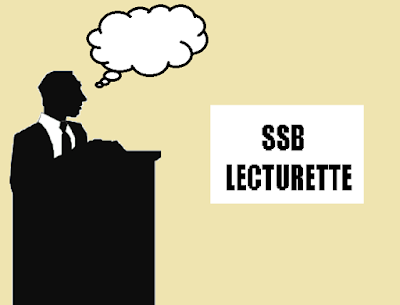Article 12 to 35(part III) of the COI (Constitution Of
India) ensures fundamental rights of citizen of India (adopted from USAs
constitution). The right to freedom is one six fundamental rights and is
explained spanning article 19-22.

There are mainly 6 fundamental rights mentioned in article
19 of COI.
Those are,
#top
| sl.no. | freedom |
|---|---|
| 1 | Freedom of speech and expression |
| 2 | Freedom to assemble peaceably and without arms |
| 3 | Freedom to form associations or unions or co-operative societies |
| 4 | Freedom to move freely throughout the territory of India |
| 5 | Freedom to reside and settle in any part of the territory of India |
| 6 | Freedom to practice any profession |
Lets briefly see what does each of them stands for and as
all laws it will also have certain restrictions so let’s discuss about that
too,
- Freedom of speech and expression:
This right to freedom will ensure your
freedom to express your opinion either via speech, writing, printing or via any
other way of expression. This will generally have restrictions to mention morality,
internal peace, severity and integrity of nation. It can also be restricted to
maintain healthy foreign relationships. Basically your speech should not have
any morally conflicting or anti social elements which could potentially harm
the harmony.
- Freedom to assemble peaceably and without
arms:
This ensures your right to assemble at any
public land peacefully without possession any arms. It includes the right to
hold public meetings, demonstrations and take out processions. The main flaw to
this right to freedom is its potential to cause violence or disturb public
peace by so many presumptions made by citizens. We should also remember the
right to strike does not come under this section of COI. Personal can also be
restricted to enjoy this freedom if once action causes harm to severity and
integrity of the country and traffic maintenance of area of conduct is also a
considerable factor.
- Freedom to form associations or unions or
co-operative societies:
- Freedom to form associations or unions or
co-operative societies:
This freedom provision ensures to form or join
associations or co-operative societies. The association includes political
parties too. This also can be restricted on the basis of severity and integrity
of nation. The right to form association will not include right to call strike
or bundhs (declaration of lock outs).
- Freedom to move freely throughout the
territory of India:
As name indicates this section ensures your
right to move across the country within the territories. The freedom of movement
has been brought to boost the oneness of the country (as at the time of
independence our nation was just a collection of provinces). This includes main
so many restrictions which are little bit unclear till now. The mainly
restrictions to move are held to preserve certain tribes and their culture.
Some of the part of Andaman and Nikobar islands is suitable examples here. More
over one with behavioral flaws and prostitutes are restricted for morality
reasons. Mumbai high court had also restricted movement of HIV positive
personal for public health.
- Freedom to reside and settle in any part of
the territory of India:
Similar to freedom to move freedom to
reside and settle at any part of the country too is a freedom bought to promote
oneness of the country. This ensures you reside or settle at any place
permanently or temporarily at any place within the territory of the country.
The State can impose reasonable restrictions on the exercise of these right on
two grounds, namely, the interest of general public and the protection of
interests of any scheduled tribes. This is to preserve the culture language and
other uniqueness of tribes.
By this you can clearly conclude that
freedom of movement and freedom to reside are on same page to extent.
- Freedom to practice any profession:
This section of constitution ensures you to
practice any profession or trade with proper legalities, license and
qualifications. Literally this so many legal restrictions but most of them are
on paper. Main restrictions are on conducting immoral and threatening trades
like human trafficking for example.
This concludes all six freedoms mentioned in constitution of
India. To read original copy of constitution of India and find out what is
written in there click here.
Comment down any of your queries or opinions below.
Top









No comments:
Post a Comment